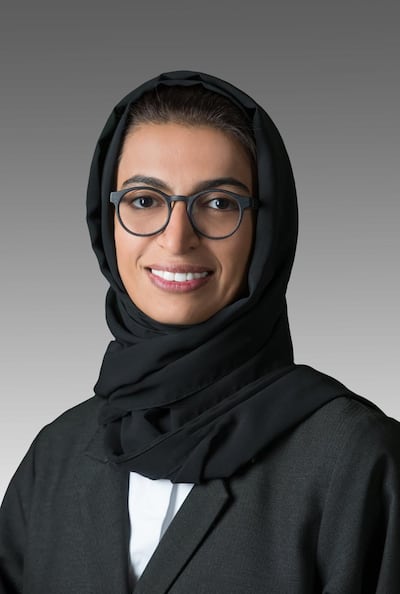Media laws and licensing rules in the UAE will be overseen in future by a new regulatory body.
Established by the Ministry of Culture and Youth, the Media Regulatory Office will take over a number of responsibilities handled by the National Media Council.
Policies will be introduced to stimulate the sector and encourage the proliferation of satellite channels, radio stations, newspapers and magazines, as well as to promote media free-zones.
Dr Rashid Al Nuaimi, executive director of the new office, said licensing and copyright would also fall under his remit, as would advertising.
It will also regulate journalists and tackle fake news.
“We will follow up on media and media professionals inside the country, monitor violating content and take the necessary measures in accordance with the laws and regulations in force in the country,” he said.

Noura Al Kaabi, Minister of Culture and Youth, said the new office would develop the legislative and regulatory environment for the media sector, and encourage more young people to work in the industry.
“We will continue to help improve the Emirati media and develop its performance so they disseminate the message of the UAE, highlight its civilisational achievements and preserve its positive image as a model of coexistence and tolerance,” she said.
“The media is an important pillar of governance and comprehensive transformation being witnessed by the UAE. It is a fundamental pillar of development.
“We have a great responsibility to enhance its capabilities so it is able to serve our cause, and highlight the civilised face of the country that embraces creativity and creators, and is an inspiring destination on the map of global culture.”
The Media Regulatory Office also intends to promote “the expansion of freedom of opinion and expression, besides promoting openness, tolerance and acceptance” in the UAE, Ms Al Kaabi said.
Responsibilities of the Media Regulatory Office
1. Preparing research and foresight studies and listing requirements and opinions related to media and publishing;
2. Studying, proposing and drafting legislation, regulations, standards and foundations necessary for organising and licensing media and media activities in the country, including electronic publishing, accrediting media professionals and foreign media correspondents, in free zones and elsewhere;
3. Studying, proposing and drafting legislation, regulations, standards and foundations for following up on media content in the country, including that produced in free zones;
4. Proposing media conduct and ethics, ensuring the right of the public to obtain information from its source, and combating false and misleading news and unprofessional media practices.

